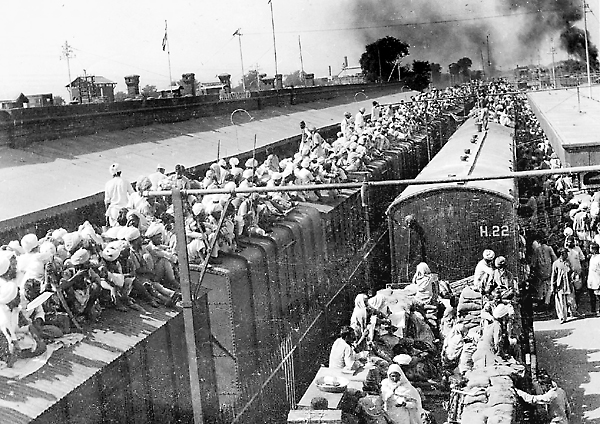Disease, Contagion and Trauma in the 1947 Partition of India

An online lecture by Antara Chatterjee (Indian Institute of Science Education and Research, Bhopal, India)
lnaugural Strauss Fellow at the Center for Medicine, Holocaust and Genocide Studies at Cedars-Sinai
Visiting scholar at the USC Dornsife Center for Advanced Genocide Research, June-July 2022
Organized by the Cedars-Sinai Center for Medicine, Holocaust and Genocide Studies
Cosponsored by the USC Dornsife Center for Advanced Genocide Research
While communal violence killed an estimated one million people during the 1947 Partition of the Indian subcontinent, many thousands more perished due to the outbreak of infectious diseases like cholera and tuberculosis, during the border-crossing and subsequently in overcrowded, unhygienic environments in refugee camps and settlements. Examining literature, film, memoirs, oral histories, and official documents during and after 1947, Professor Chatterjee's research explores how disease added a further dimension to the loss of life and the trauma of the Partition. She situates these intersections of disease, trauma and the body within the larger contexts of nation, community, borders, citizenship and exclusion/inclusion in the newly formed nation states.